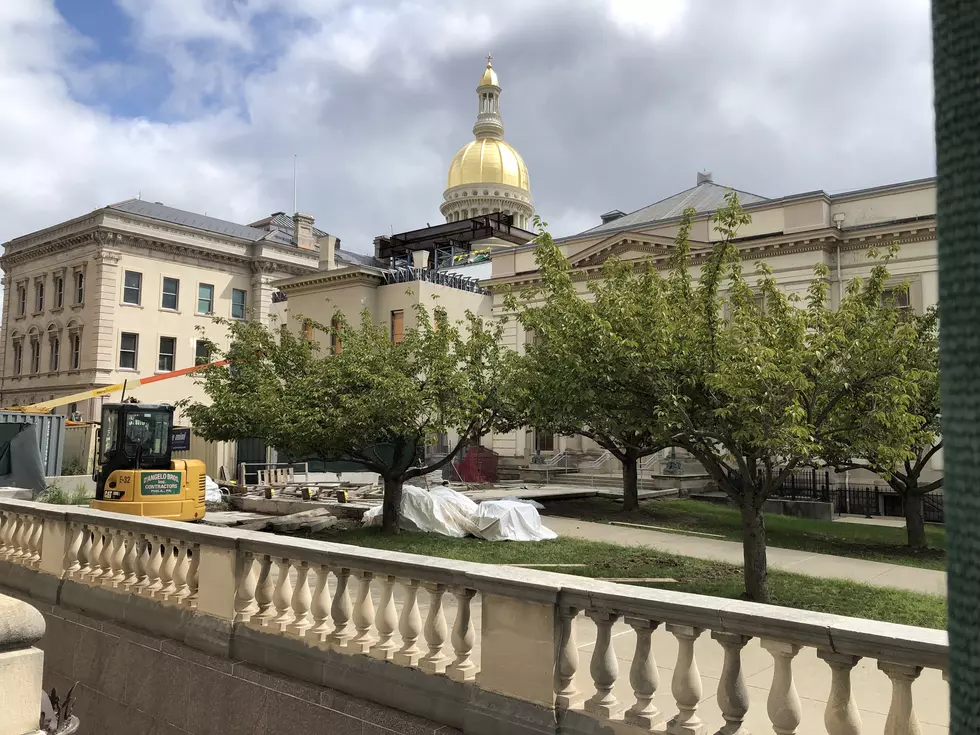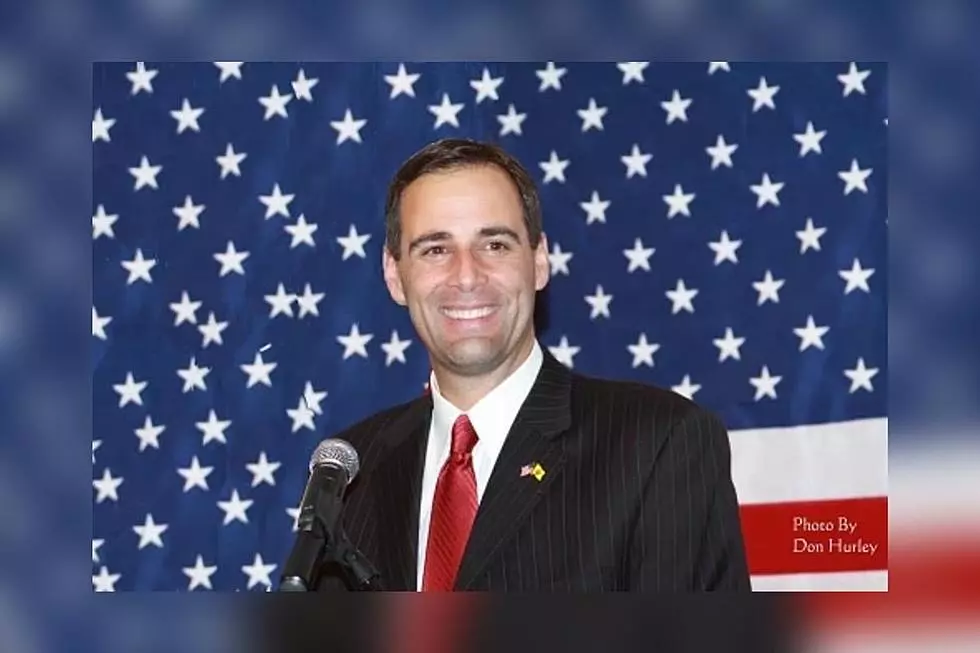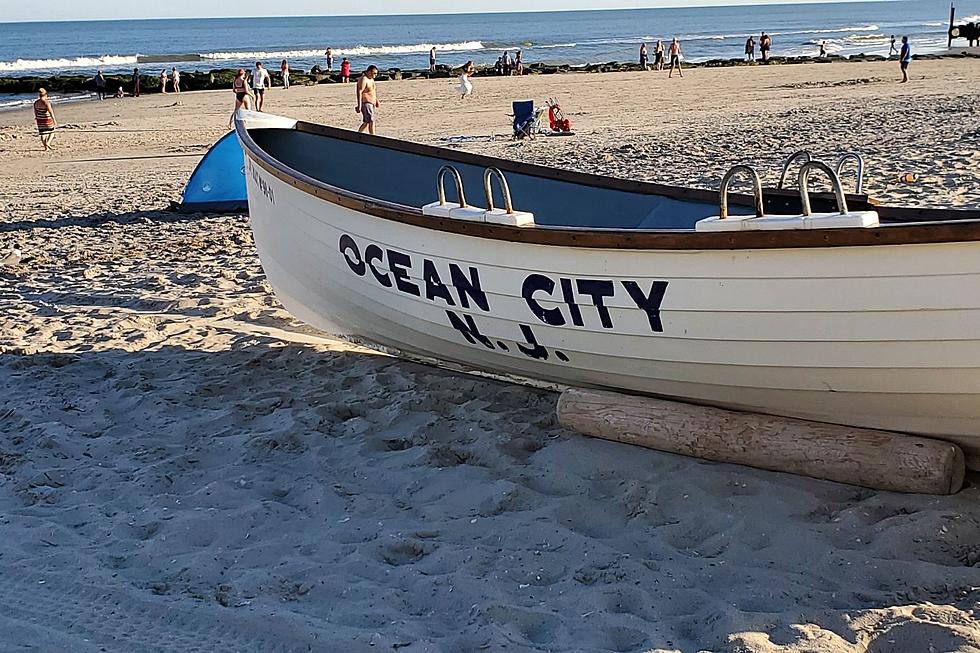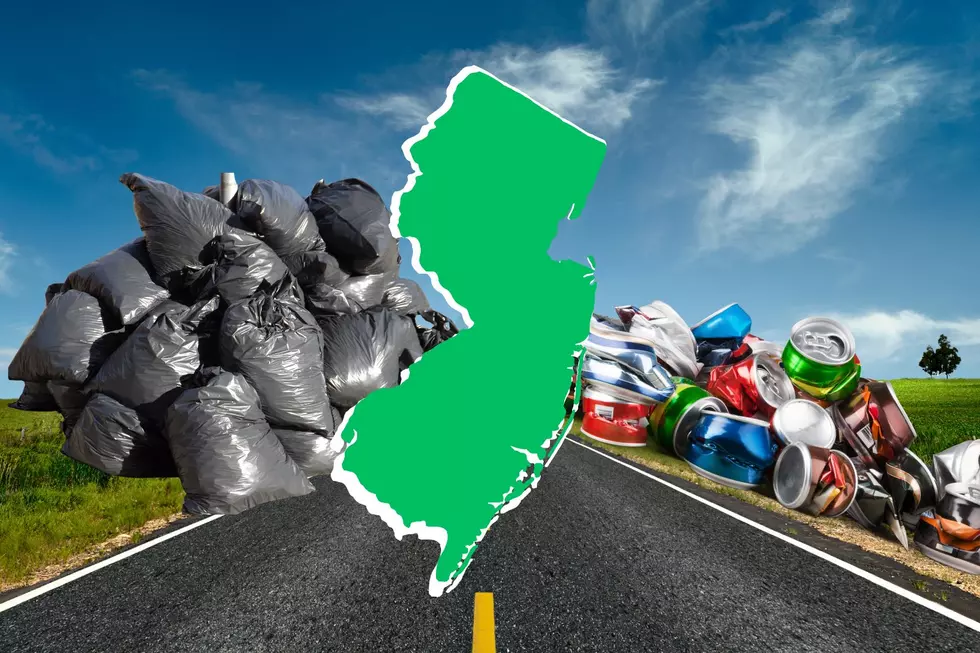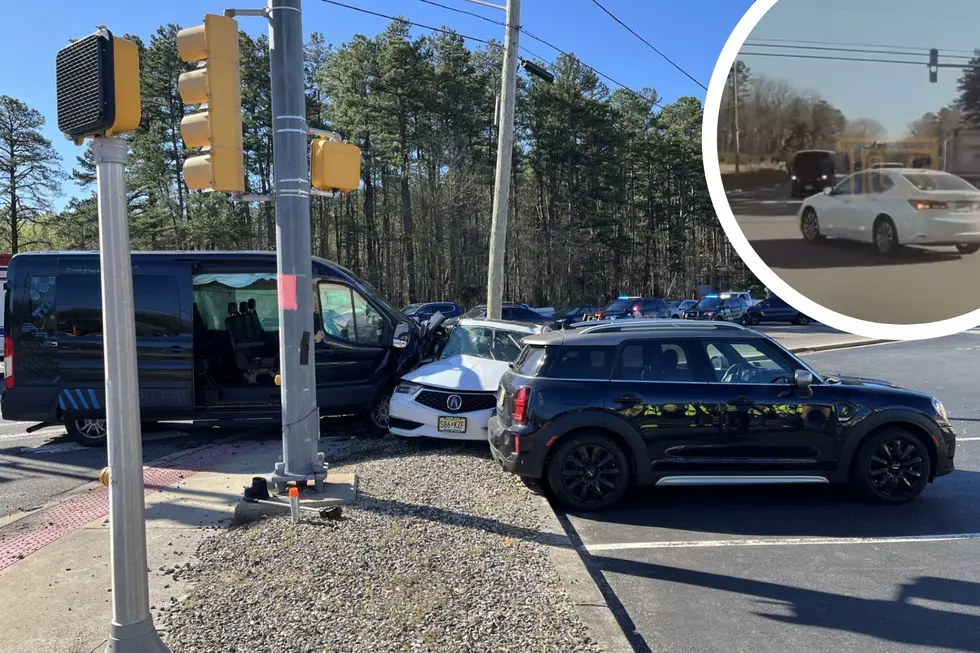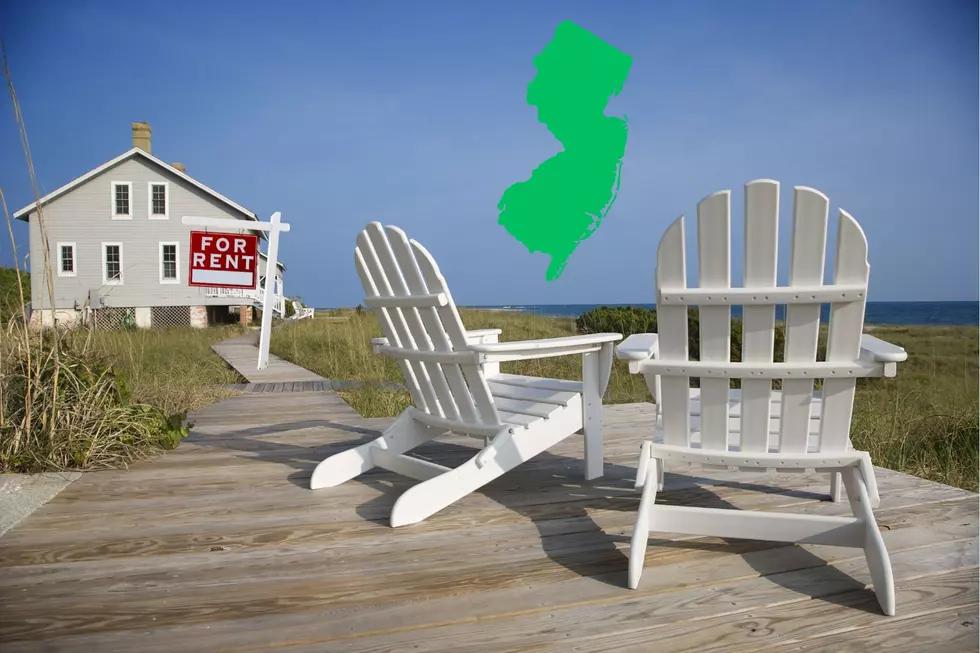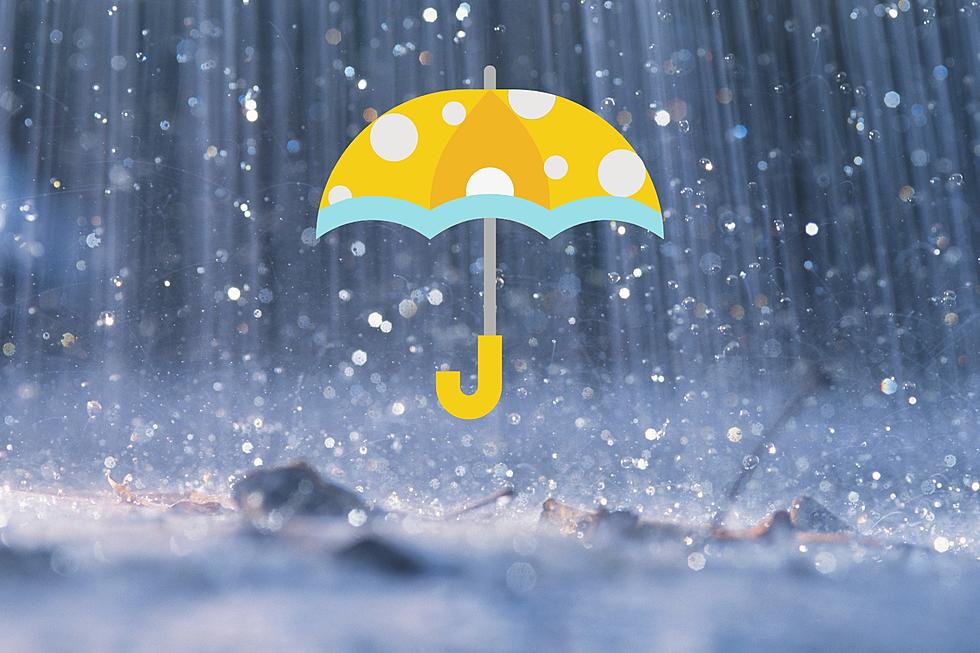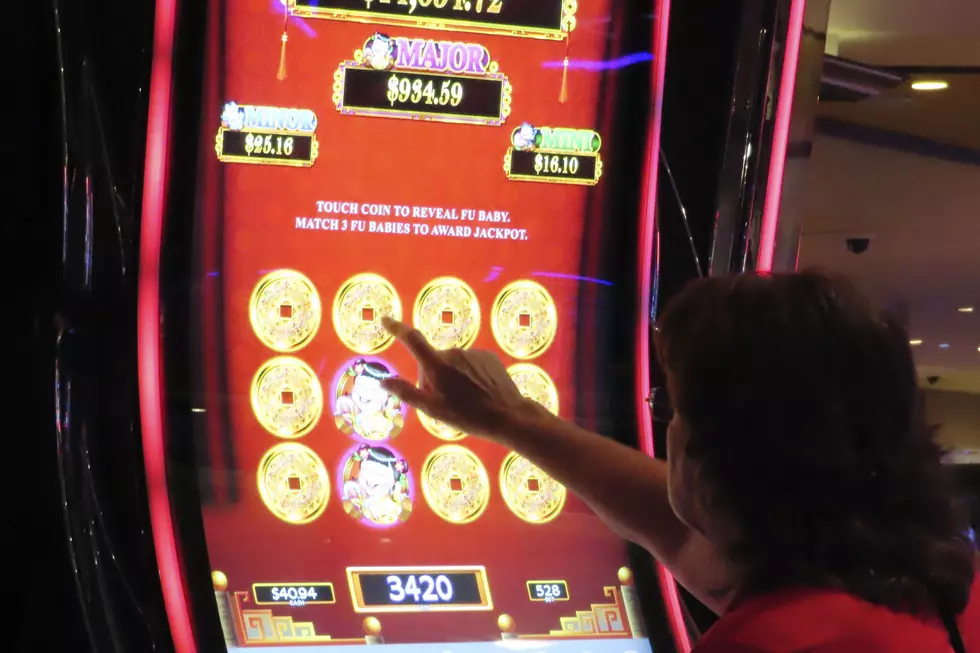
Suddenly, Lots of New Jersey Residents Have High Blood Pressure
If you've been told that your blood pressure is just fine — even as recently as a few weeks ago — that may no longer be the case, due to updated hypertension guidelines released in November.
With the new "high" now considered 130 over 80, rather than 140 over 90, countless additional New Jersey residents are walking around with high blood pressure and likely have no idea.
It's been estimated that the new guidelines — crafted in part by the American Heart Association and the American College of Cardiology — classify nearly half of all U.S. adults as hypertensive. With the previous rules, about a third fell under that category.
High blood pressure can lead to cardiovascular disease, strokes, kidney disease and other deadly conditions.
For the most part, individuals added to the high-blood-pressure roles will not necessarily need to be treated with medication, according to Dr. James Matera, medical director of population health for CentraState Medical Center in Freehold.
"It's going to put a bigger emphasis on lifestyle changes," Matera told New Jersey 101.5. "There's no doubt that lifestyle modification — cessation of smoking, weight loss, diet, exercise — all of those play a key role in being able to reduce the risks."
Matera said the update has the potential to lower one's 10-year cardiovascular risk by more than 10 percent. Hypertension is oftentimes considered a "silent killer," he noted, because there are no easy-to-spot symptoms.
"This will definitely identify any at-risk population much earlier that it would have according to the older guidelines," Matera said.
Matera said any adult over the age of 18 should include a blood pressure screening as part of an annual health checkup.
While anyone can develop high blood pressure, factors such as age, gender, race or ethnicity, and family history can increase one's risk. According to the National Heart, Lung, and Blood Institute, high blood pressure is more common among African American adults, more common among men before age 55, and more common among women after age 55.
According to the New Jersey Department of Health's New Jersey Health Assessment Data, using survey responses from 2015, 28 percent of adults reported being told they have high blood pressure.
More From WPG Talk Radio 95.5 FM

